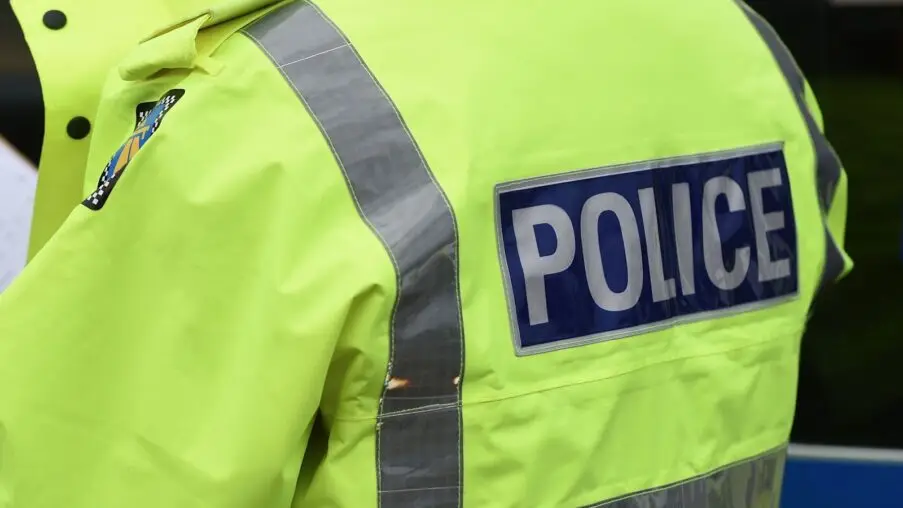Is It Legal to Drink Alcohol in a Campervan? Understanding the Rules and Consequences in the UK
Traveling in a campervan offers freedom, adventure, and a cozy space to relax. It’s no surprise that many enjoy unwinding with a drink at the end of a day on the road. However, the legality of consuming alcohol in a campervan is more complex than simply cracking open a cold one. The UK has strict regulations to ensure that people are not intoxicated while in charge of a vehicle—including campervans.
This article will break down when and where drinking is permissible, the potential legal consequences of being ‘drunk in charge’ of a vehicle, and tips to avoid getting into trouble.
Where Is Drinking Alcohol in a Campervan Legal?
The legality of drinking alcohol in your campervan largely depends on where you are parked:
Private Property (Campsites and Driveways):
If you’re parked on private property, such as a designated campsite or a friend’s driveway, enjoying a drink is usually allowed. Just ensure the campsite rules permit alcohol consumption, as some family-oriented sites may have restrictions.
Public Places (Laybys, Car Parks, and Streets):
Drinking in your campervan while parked in a public place can be risky. Even if the engine is off and you have no intention of driving, the law considers you ‘in charge’ of the vehicle if you are in the driver’s seat or have access to the keys.
Understanding ‘Drunk in Charge’ Laws
Under Section 4(2) of the Road Traffic Act 1988, it is an offence to be ‘drunk in charge’ of a vehicle. This applies to campervans just as it does to cars or other motor vehicles. You don’t need to be driving or even have the engine running to be charged. Simply having the potential to drive while over the legal limit can land you in trouble.
Legal Alcohol Limits in the UK:
Breath: 35 micrograms per 100 milliliters of breath
Blood: 80 milligrams per 100 milliliters of blood
Urine: 107 milligrams per 100 milliliters of urine
Exceeding these limits while in charge of a vehicle, even if you’re parked, could lead to serious legal consequences.
Potential Penalties
If convicted of being ‘drunk in charge’ of a vehicle, you could face:
A fine of up to £2,500
10 penalty points on your driving license
A possible driving ban
Up to 3 months imprisonment
The severity of the penalty will depend on the circumstances, including your level of intoxication and whether there were any aggravating factors such as public safety concerns.
Difference from ‘Drunk in Charge’:
Unlike being caught driving while intoxicated, the offence of ‘drunk in charge’ does not always lead to an automatic driving ban. The court may issue points, fines, or discretionary disqualifications based on the case’s circumstances.
Details on Drink Driving Consequences:
Automatic Ban:
- A minimum 12-month driving disqualification is imposed for a first offence.
- For repeat offenders (or those with very high alcohol levels), the ban can be significantly longer—up to 3 years or more.
Other Penalties:
- Unlimited fine (determined by the severity of the offence).
- 6 months imprisonment for serious offences.
- Criminal Record: Convictions are recorded on your record, which can impact job prospects and international travel.
- Higher Insurance Premiums: Insurance rates typically skyrocket after a conviction.
Aggravating Factors:
Penalties can be more severe if:- You were significantly over the legal limit.
- There was dangerous driving involved.
- You had passengers or caused an accident.
Rehabilitation Courses:
Some offenders are offered a drink-drive rehabilitation course which can reduce the length of the ban by up to 25%.
Tips to Stay on the Right Side of the Law
Choose Private, Designated Parking: Always aim to park in campsites or private properties when you plan to consume alcohol.
Stow Your Keys: Keep your keys in a secure location out of reach. Some campers even hand their keys over to a companion to demonstrate they have no intention of driving.
Avoid the Driver’s Seat: Stay out of the driver’s seat if you’ve had a drink—even sitting there could suggest you’re in control of the vehicle.
Plan Your Stops: Map out your journey in advance to ensure you have safe, legal places to park for the night.
Know the Local Laws: If traveling in different regions or countries, familiarize yourself with local regulations.
Final Thoughts
Traveling in a campervan is one of the best ways to explore the UK’s beautiful landscapes, but it’s essential to stay within the law. While it’s perfectly legal to enjoy a drink when parked safely in private areas, being cautious about where and how you do it will keep your travels stress-free.
Happy and responsible adventuring!

